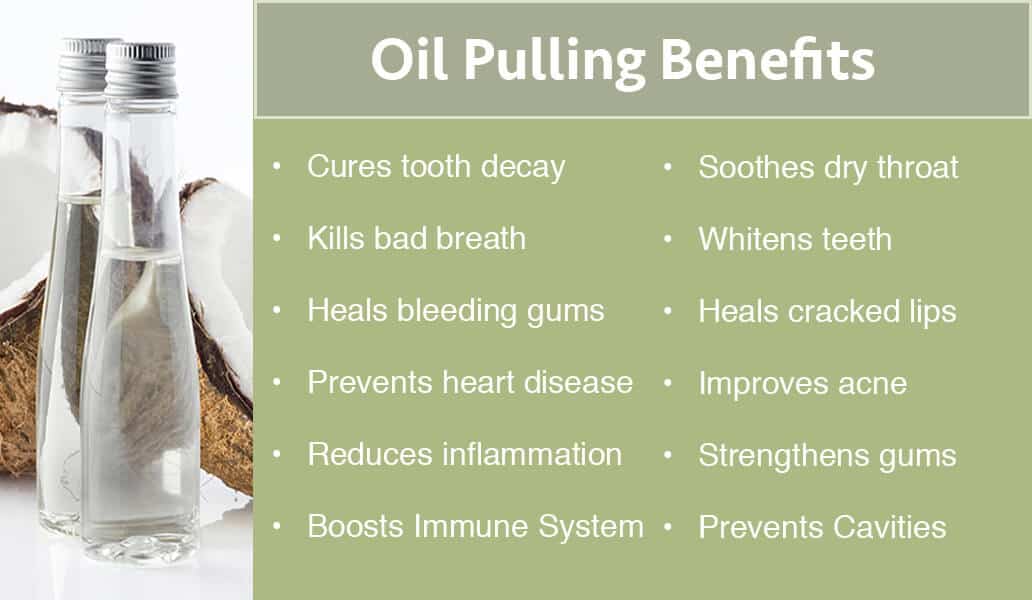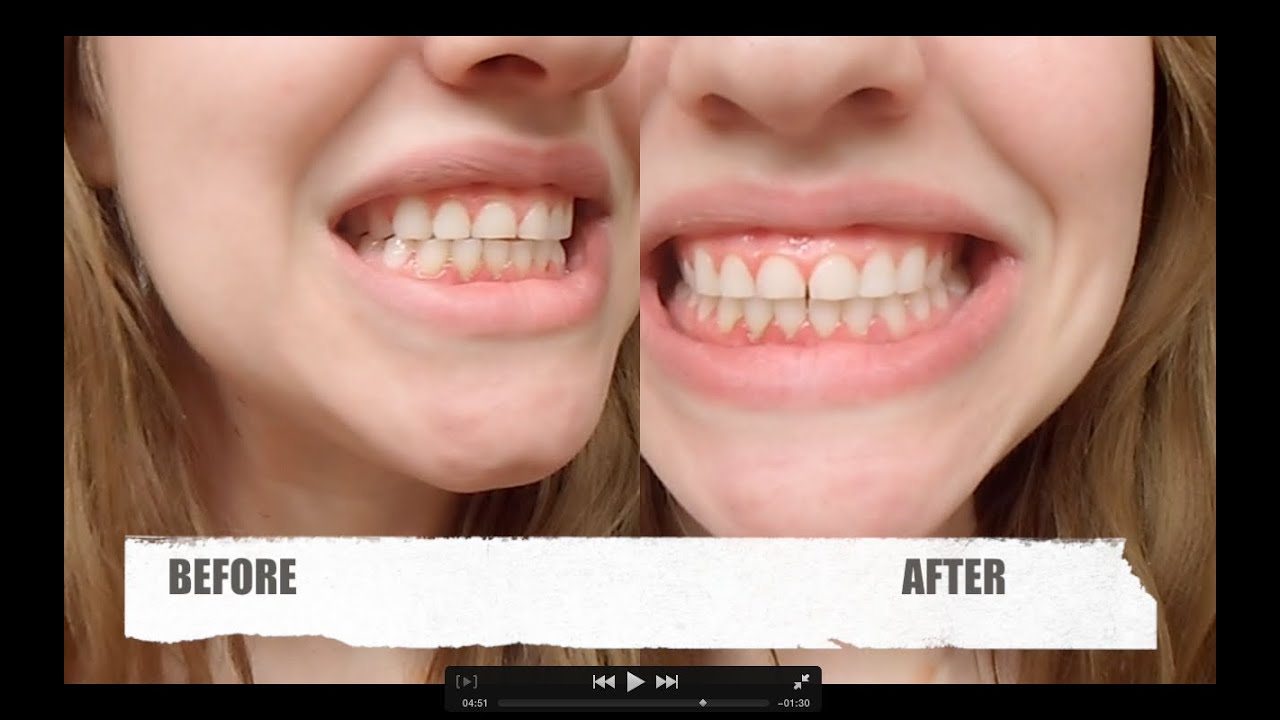Coconut Oil Cures Cavities

The quest for a natural remedy to combat tooth decay has led many to consider the potential of coconut oil in preventing and even reversing cavities. While the idea may seem far-fetched at first, a closer examination of the properties of coconut oil and its effects on oral health reveals a compelling narrative. Coconut oil, derived from the meat of mature coconuts, has been a staple in traditional medicine for centuries, particularly in tropical regions where it is abundant. Its unique composition, primarily consisting of medium-chain triglycerides (MCTs), lends it a range of health benefits, including potent antimicrobial properties.
At the heart of coconut oil’s potential in oral health is its ability to combat the bacteria responsible for tooth decay. Streptococcus mutans, a primary culprit in the formation of cavities, thrives in the warm, moist environment of the mouth, feeding on sugars and starches from our diet to produce acids that erode tooth enamel. Coconut oil, specifically its constituent lauric acid, has been shown to possess significant antimicrobial activity against a broad spectrum of bacteria, including Streptococcus mutans. Studies have demonstrated that lauric acid can disrupt the cell membranes of bacteria, ultimately leading to their death. This natural antibacterial action suggests that coconut oil could play a role in reducing the bacterial load in the mouth, thereby helping to prevent the onset of cavities.
However, the relationship between coconut oil and oral health is more complex than simply applying it as a cure-all for existing cavities. The process of tooth decay is multifaceted, involving factors such as diet, oral hygiene practices, and the presence of other microorganisms in the mouth. While coconut oil may help in reducing the incidence of cavities by controlling the population of harmful bacteria, it is not a replacement for regular dental care. Brushing teeth with fluoride toothpaste, flossing, and regular dental check-ups remain essential practices for maintaining good oral health.
One of the more innovative approaches to utilizing coconut oil for oral health is oil pulling, a traditional Ayurvedic practice that involves swishing oil in the mouth for an extended period. Proponents of oil pulling claim that it can detoxify the mouth, reduce bad breath, and even whiten teeth. When coconut oil is used for oil pulling, its antimicrobial properties are believed to come into play, potentially reducing the bacterial and fungal load in the mouth. However, scientific evidence supporting the efficacy of oil pulling in preventing or curing cavities is limited, and more research is needed to fully understand its benefits and limitations.
Despite the potential benefits of coconut oil, it is crucial to address the myth that it can “cure” existing cavities. Once a cavity has formed, it represents a physical breach in the tooth’s enamel, which cannot be reversed by coconut oil or any other natural remedy. The idea that coconut oil can fill in or repair tooth decay is a misconception; professional dental intervention, such as fillings or other restorative procedures, is necessary to address existing cavities.
In conclusion, while coconut oil shows promise as a complementary tool in the prevention of cavities due to its antimicrobial properties, particularly against Streptococcus mutans, it should not be relied upon as the sole means of maintaining oral health. A comprehensive approach that includes regular brushing, flossing, a balanced diet, and regular dental check-ups remains the gold standard for preventing tooth decay. Coconut oil, as part of a broader oral health regimen, may offer additional benefits, but its limitations, especially in treating existing cavities, must be understood.
FAQs
Can coconut oil completely prevent cavities?
+No, while coconut oil has antimicrobial properties that can help reduce the presence of bacteria that cause cavities, it cannot completely prevent them. Regular dental care and a healthy diet are also necessary.
How does coconut oil work against bacteria in the mouth?
+Coconut oil, particularly its constituent lauric acid, disrupts the cell membranes of bacteria, leading to their death. This action can help reduce the population of harmful bacteria in the mouth, such as Streptococcus mutans, which contributes to tooth decay.
Can oil pulling with coconut oil cure existing cavities?
+No, oil pulling with coconut oil cannot cure existing cavities. While it may have benefits in terms of reducing bacteria and promoting oral health, professional dental care is required to treat cavities that have already formed.
Key Takeaways
- Coconut oil has antimicrobial properties, particularly against Streptococcus mutans, which can help in reducing the incidence of cavities.
- It should be used as part of a comprehensive oral health regimen, including regular brushing, flossing, and dental check-ups.
- Coconut oil cannot cure existing cavities; professional dental intervention is necessary for treatment.
- Oil pulling with coconut oil may offer additional oral health benefits, but more research is needed to fully understand its efficacy.
In incorporating coconut oil into your oral health routine, it’s essential to maintain realistic expectations and complement its use with proven dental hygiene practices. While it may not be a miracle cure for cavities, coconut oil’s natural properties can contribute to a healthier mouth when used appropriately.
